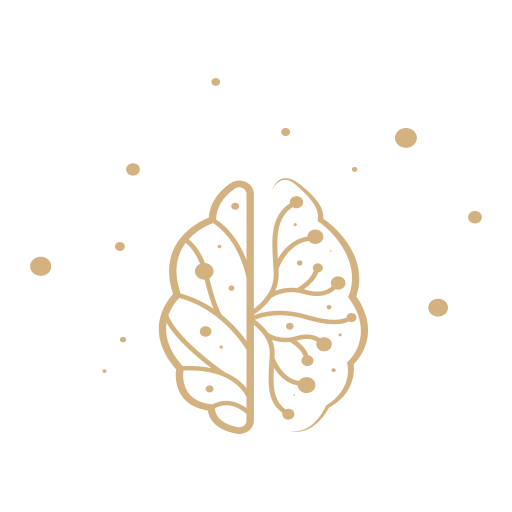ADHD Therapy in Calgary
What is ADHD?
ADHD is not just about difficulty paying attention — it’s a different way of moving through the world. For many people, ADHD brings both real challenges and meaningful strengths. You might notice shifts in focus, energy, organization, or restlessness that make everyday tasks feel harder than they “should” be. At the same time, many individuals with ADHD are deeply creative, intuitive, and full of curiosity, especially when something truly inspires them.
ADHD isn’t a reflection of motivation, effort, or intelligence. It’s simply a unique wiring of the brain and nervous system — a different rhythm, not a flaw. When we understand that rhythm and support it with compassion, structure, and nervous-system-friendly strategies, life can begin to feel more manageable, spacious, and aligned.
With the right tools and support, people with ADHD can learn to work with their natural patterns rather than against them, allowing their strengths to emerge more fully and their challenges to feel less overwhelming.
Common Signs & Symptoms:
Difficulty staying focused or easily distracted
Trouble starting or finishing tasks
Forgetfulness and disorganization
Restlessness or feeling “on the go” much of the time
Impulsivity—acting or speaking before thinking
Challenges with time management or following routines
Frequently losing track of items or details
Struggling to sit still or relax
Feeling overwhelmed by multiple responsibilities
Strong bursts of creativity or focus when highly interested
How I Help
Together, we’ll choose the approach that feels most comfortable and effective for you, so your care is tailored to your unique needs and goals.
Cognitive Behavioural Therapy (CBT)
Learn practical skills to manage attention, organization, and impulsivity while building confidence and healthier thought patterns.
Somatic Therapy
Learn to connect your mind and body awareness, using movement, breath, and grounding techniques to reduce restlessness, improve focus, and foster a greater sense of calm and presence.
Acceptance and Commitment Therapy (ACT)
Learn to accept challenging thoughts and emotions while committing to actions that align with your values, improving focus, self-management, and overall well-being.
Emotionally Focused Therapy (EFT)
Address emotional challenges, improve self-understanding, and strengthen relationships impacted by frustration, overwhelm, or misunderstandings.
Dialectical Behavioural Therapy (DBT)
Learn skills to manage intense emotions, improve impulse control, reduce frustration, and build strategies for more effective daily functioning and relationships.


